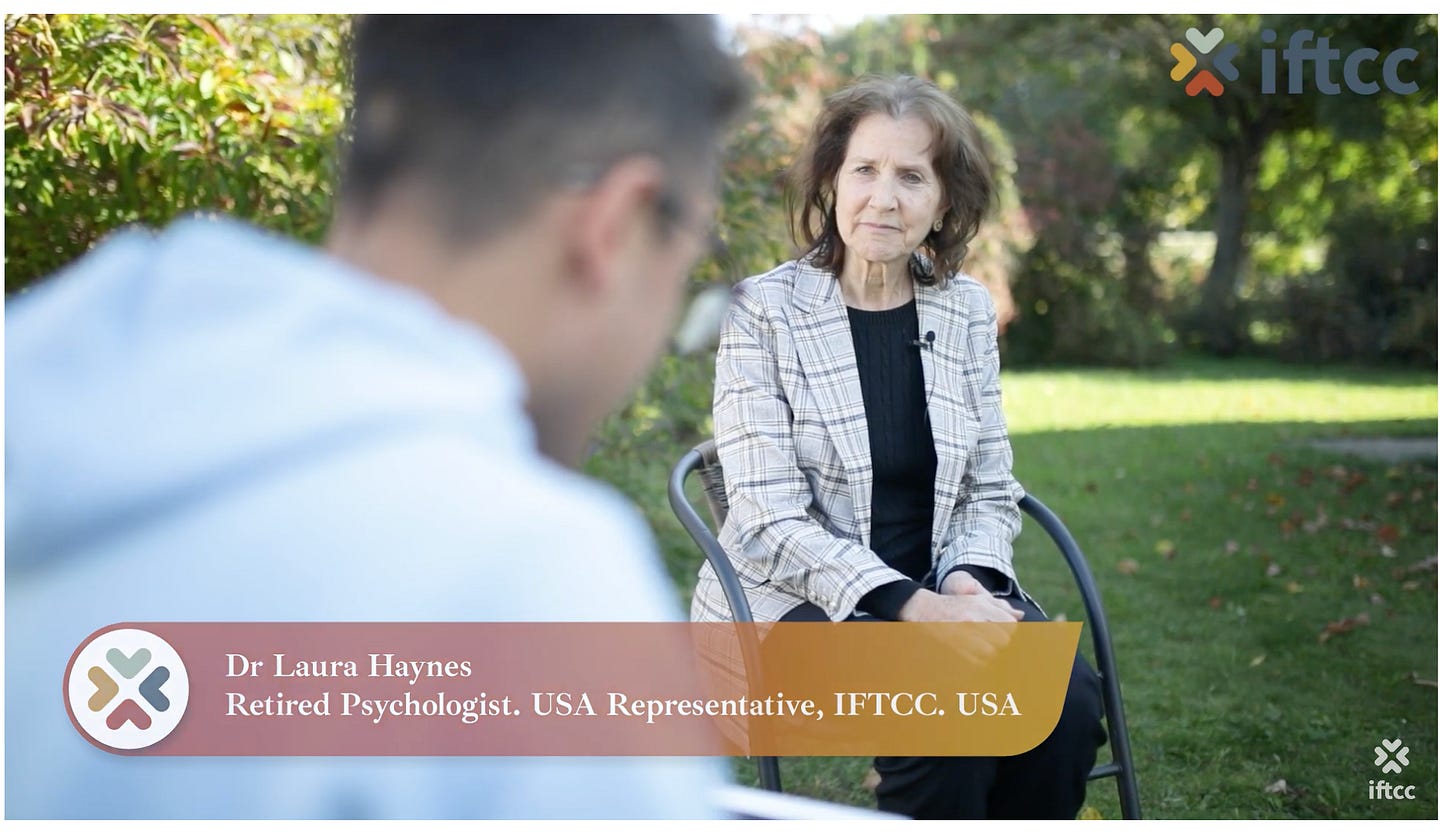Scientific Evidence, Research, and Change
Listen to this interview with Dr. Laura Haynes by the International Federation of Therapeutic and Counseling Choice
Dr. Laura Haynes has been a friend of CHANGED and an advocate alongside us since the very beginning. Her wisdom, insight, and expertise is highly sought after across the world in addressing so-called “conversion therapy bans.” Thanks to the IFTCC for providing permission to republish this interview.
In this interview, Laura speaks about the most exciting research findings in recent years, particularly, the findings that show same-sex attracted persons or persons with gender dysphoria, can change.
The largest gene study (one conducted on identical twins) has strongly indicated that biological and genetic factors do not entirely explain same-sex sexuality. Even the American Psychological Association's (APA) Handbook of Sexuality and Psychology agrees, due to the fact that there are psychodynamic causes, because childhood sexual abuse could contribute to this also.
On gender dysphoria there is a global consensus from endocrine societies worldwide that the brains of gender incongruent people have no difference from those who do not experience gender incongruency. They believe in a psycho-social-biological model of gender identity.
The American Psychiatric Association's (APA) Diagnostic and Statistical Manual also states that there is insufficient evidence to support the view that gender dysphoria is an intersex condition of the brain.
"It is a strategic viewpoint that gender identity is biologically predetermined. This viewpoint has never been substantiated."
There are many studies conducted by multiple nations which show that high rates of psychiatric disorders, neurodevelopmental disabilities, suicidality, and self-injuring behavior exist amongst those who have incongruent gender identities.
The studies that considered which disorder came first had concluded that the psychiatric conditions occurred prior to gender identity disorders.
She also speaks about how certain organizations and associations twist evidence in favor of a 'must-stay-gay' ideology, and also mentions the effectiveness of change-allowing therapies in decreasing suicidality.
She goes on to talk about some successes from working with professional organizations, thanks to networking opportunities provided by organizations such as the IFTCC. She was also able to be instrumental in preventing a blanket-ban on 'conversion therapy' in California, 2018.
Laura continues to campaign against bans happening in the United States.
If you are a counselor seeking professional training and leadership on issues relating to same-sex attraction and gender dysphoria, we strongly recommend connecting with IFTCC, a network of professionals from across the world who share research and counseling approaches for the sake of people like us at CHANGED Movement.





